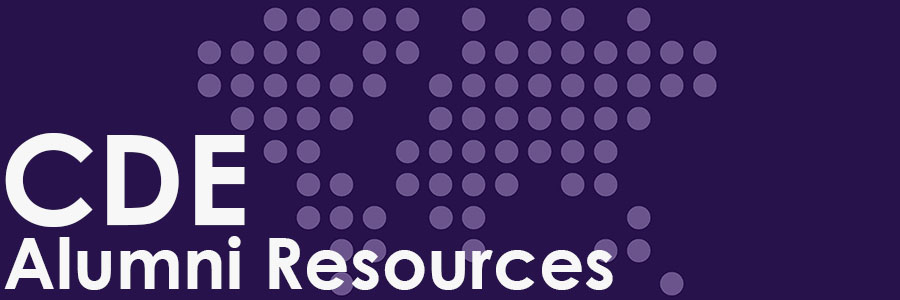Audio Content: Education
Hosted by Fred Drews, with guest Rebecca Winthrop
First aired on April 15, 2019.
In this Brookings Cafeteria Podcast, guest Rebecca Winthrop of the Center for Universal Education interviews a several educators with various experiences on how parental engagement and attitudes affect education for their children.
One of Winthrop's key insights is how much of education research and policy is geared towards the supply side of education: what can schools, teachers, administrators be doing to help reduce global inequality in access to education. Little attention is paid to the demand side. In countries where life is rapidly changing, how are parents supposed to know what sort of education their children need to be prepared for modern success? Most parents judge educations by what's seen as successful in their own lives, or by the experiences of their peers and others they see to be successful. Still, in most developing countries, the type of education which may have led to success for people within the older generation (teachers at the front of the room, individual learning) often fails to prepare children for a changing and ever-more technological world.
This podcast should be of interest to educators looking for ways to involve parents in the push to modernize education. Organizations whose representatives Winthrop interviewed, including Right to Play, Easy Peasy, the Malala Fund, and the European Parents' Association, also provide additional resources.
Leapfrogging Inequality: Remaking Education to Help Young People Thrive, by Rebecca Winthrop with Adam Barton and Eileen McGivney, argues that in order to achieve the gains needed in education to give the world's poorer children the tools they'll need to succeed in a modern world, educators need to "leapfrog:" use technology in innovative ways to accelerate the gains to education that these children can attain.
